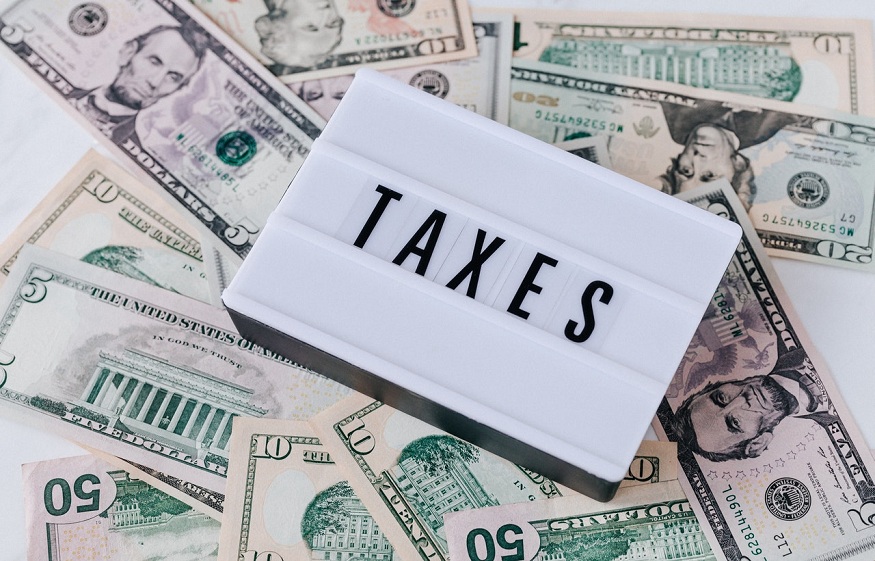
How Does an IRS Tax Lien Affect Me?
The Internal Revenue Service (IRS) can place a tax lien on your property if you owe back taxes. This means the how long before irs files tax lien has a legal claim to your property as security for the payment of your tax debt. A tax lien can be placed on your home, land, personal property, or even your wages.
A tax lien gives the IRS the right to take your property in order to satisfy your tax debt. The IRS can also use a tax lien to prevent you from selling or borrowing against your property. If you try to sell your property, the IRS will get paid first before you receive any proceeds from the sale. If you try to borrow against your equity in your home, the IRS may require that the loan be repaid in full before you receive any funds.
A tax lien will also show up on your credit report, which can damage your credit score and make it difficult to get loans or lines of credit in the future.
If you have a tax lien on your property, it’s important to work with a qualified tax relief professional who can help you resolve your debt and remove the lien from your record.
What Can a Tax Relief Professional Do to Help Avoid Liens?
If you are unable to pay your taxes, the IRS may place a lien on your property. A tax relief professional can help you negotiate with the IRS to avoid having a lien placed on your property. They can also help you set up a payment plan so that you can pay off your taxes over time.
How Can I Remove an IRS Lien from My Credit Report?

An IRS tax lien is a legal claim the government can make on your property if you don’t pay your taxes. This includes your home, car, and other assets. The lien gives the IRS the right to seize these assets and sell them to pay off your tax debt.
You may be able to remove an IRS lien from your credit report by paying your tax debt in full or negotiating a payment plan with the IRS. You can also try to have the lien removed through bankruptcy. If you’re struggling to pay your taxes, a tax relief professional can help you find the best solution for your situation and negotiate with the IRS on your behalf.
Conclusion
Understanding what an IRS tax lien is and how a tax relief professional can help you avoid one is essential for anyone who has unpaid taxes. It’s important to take the right steps now to ensure that all of your taxes are paid in full and on time. A qualified tax relief professional can work with you to create a plan that will help you pay off any amount owed while minimizing penalties, interest, and other fees. Don’t wait another day—get started now with getting back on track financially by working with a knowledgeable tax relief professional.


